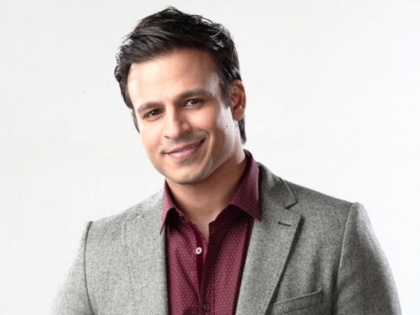Bollywood Actor Vivek Oberoi's Partners Granted Interim Protection in Fraud Case
By Lokmat English Desk | Published: January 17, 2024 11:49 AM2024-01-17T11:49:37+5:302024-01-17T11:49:58+5:30
On Monday, The Bombay High Court granted interim protection from arrest to two women accused of defrauding Bollywood actor ...

Bollywood Actor Vivek Oberoi's Partners Granted Interim Protection in Fraud Case
On Monday, The Bombay High Court granted interim protection from arrest to two women accused of defrauding Bollywood actor Vivek Oberoi of ₹1.55 crore. Justice SV Kotwal granted the protection till February 22 to Nandita Saha and Raadhika Pratap Nanda, partners in Anandita Entertainment LLP, a firm that also includes Oberoi and his wife. The judge observed that no criminal offense seemed to have been committed, and the dispute appeared to be a civil matter between business partners.
"The allegations attributed against the present applicants are covered under the clauses of the partnership agreement of December 1, 2020. In any case, at the highest, this dispute is between the partners inter se and for that criminal offense is not made out," the Court observed. The case arose from a complaint filed by Oberoi's company, Oberoi Mega Entertainment LLP, alleging that he was cheated out of his investment in Anandita Entertainment LLP. The FIR states that Oberoi met Sanjay Saha in February 2020 and agreed to form a firm, investing ₹27 lakh for a 33.33% share. Saha and his mother, Nandita Saha, were also to get 33.34% shares each, with the remaining 33.33% going to Raadhika Nanda.
Oberoi's complaint alleges that the two women misappropriated funds, including ₹5 lakh invested in insurance for Nandita Saha and ₹10 lakh drawn by Raadhika Nanda as salary. While Sanjay Saha is currently in judicial custody, the two women approached the High Court after their anticipatory bail pleas were rejected by the sessions court. Their lawyers argued that the partnership agreement allowed partners to draw remuneration based on the firm's profits and with the approval of all partners. They contended that the FIR's allegations were covered under the agreement, making the criminal case untenable. Justice Kotwal agreed with their argument and granted interim relief, adjourning the matter for further hearing on February 22.
Open in app